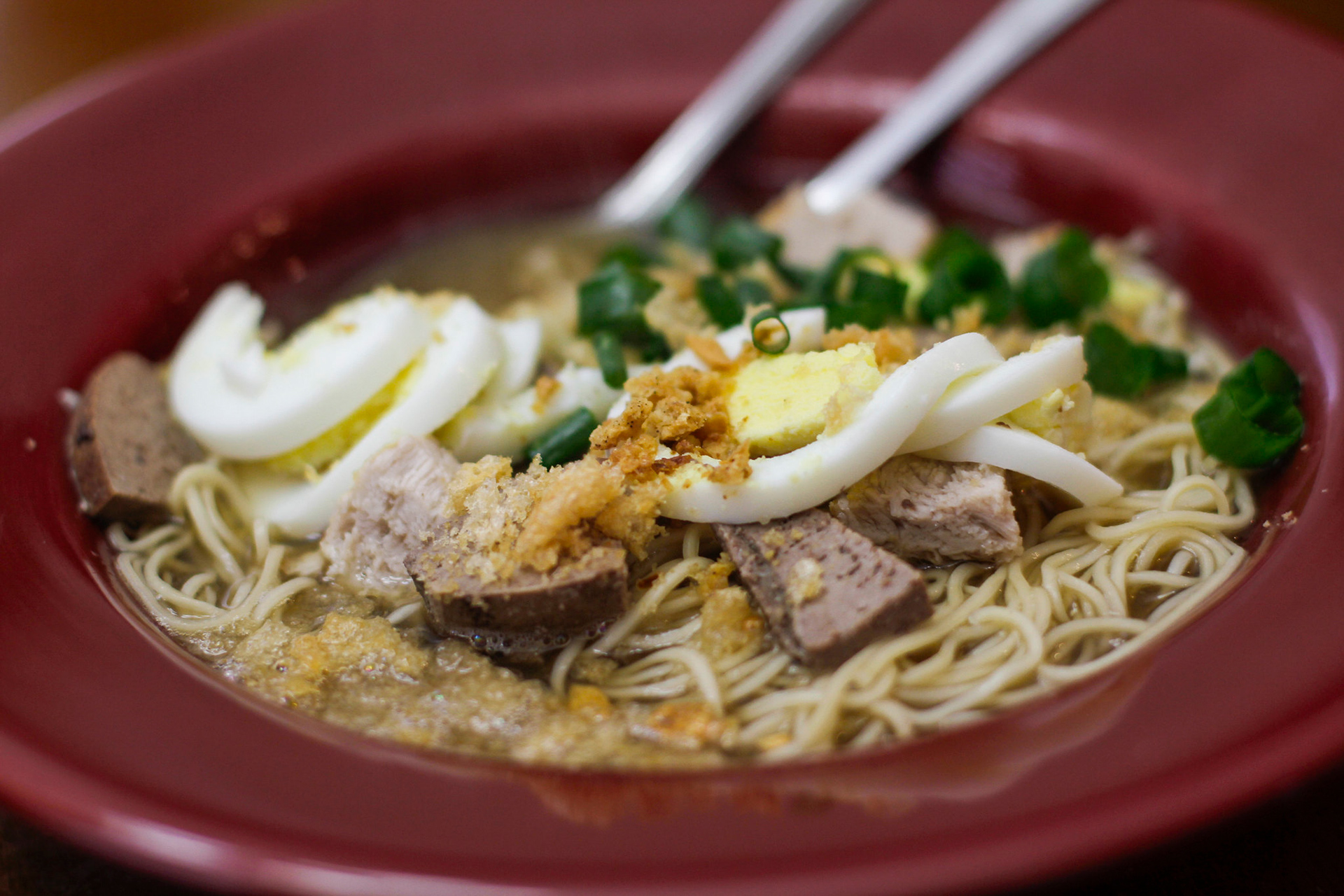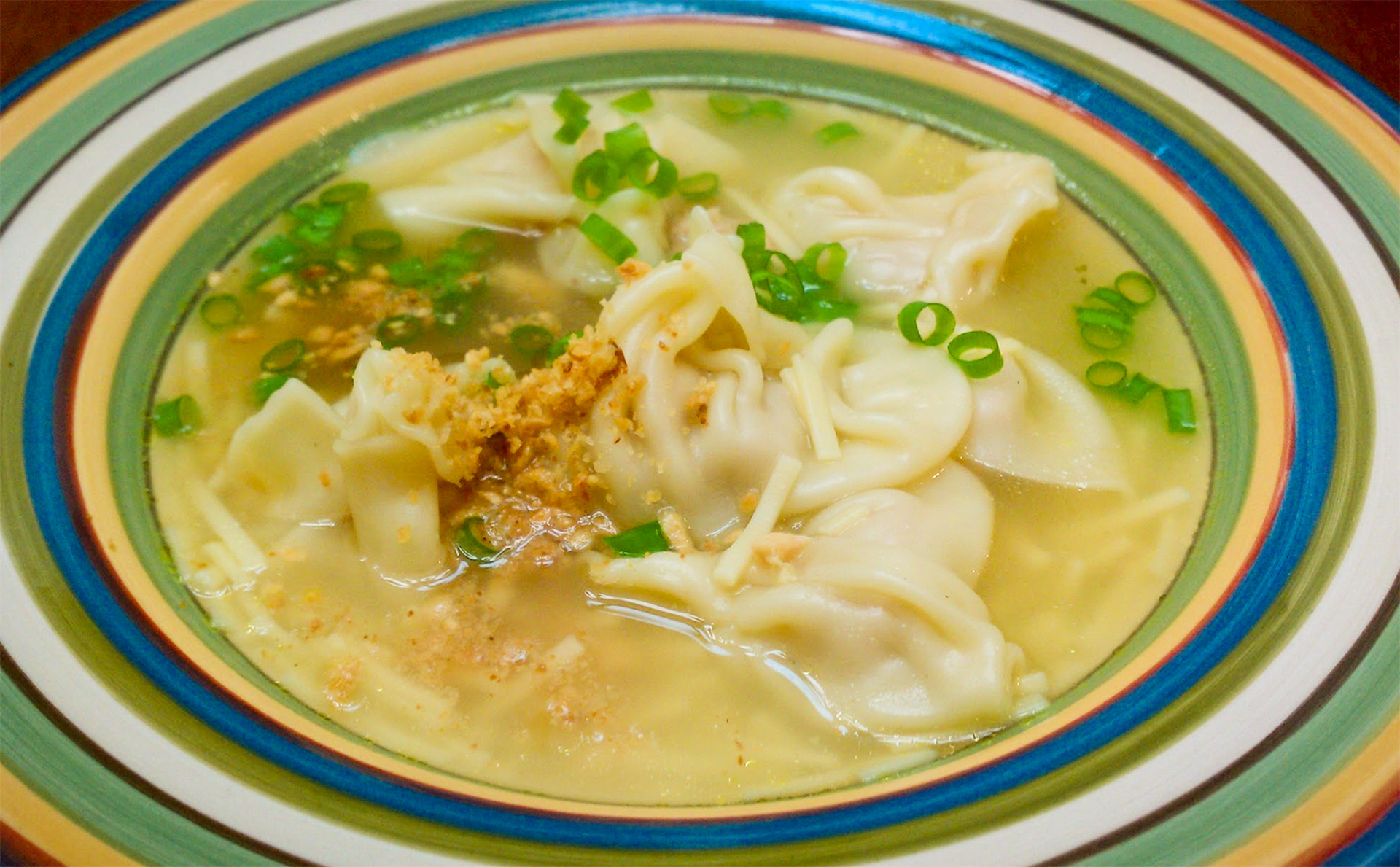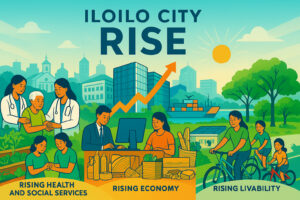The recent recognition of Iloilo City as a UNESCO City of Gastronomy is a landmark achievement, marking it as the first city in the Philippines to earn this honor. This prestigious distinction highlights the city’s unique culinary heritage, innovative gastronomic culture, and commitment to sustainable food practices.
The Path to UNESCO Distinction
Gaining recognition as a UNESCO City of Gastronomy is a rigorous process, demanding adherence to several exacting criteria:
Well-Developed Gastronomy: The city should have a well-developed gastronomy that is characteristic of the urban center and/or region.
Vibrant Gastronomy Community: This includes the presence of numerous traditional restaurants and chefs.
Use of Indigenous Ingredients: Traditional cooking in the city should prominently feature indigenous ingredients.
Local Culinary Practices and Know-How: The city must preserve traditional culinary practices and methods of cooking that have survived industrial and technological advancement.
Traditional Food Markets and Industry: The existence of traditional food markets and a traditional food industry is vital.
Gastronomic Festivals and Recognition: The city should have a tradition of hosting gastronomic festivals, awards, contests, and other forms of broadly-targeted recognition.
Environmental Respect and Sustainable Practices: Respect for the environment and the promotion of sustainable local products are key aspects.
Public Appreciation and Educational Promotion: There should be efforts to nurture public appreciation, promote nutrition in educational institutions, and include biodiversity conservation programs in cooking schools’ curricula
Iloilo City met these criteria with its unique blend of culinary heritage, tradition, and innovation, setting a high bar for other cities to foll

Iloilo City's Gastronomic Highlights
Traditional Dishes and Ingredients: Iloilo City is renowned for its traditional dishes, which often incorporate local, indigenous ingredients. Dishes like “La Paz Batchoy”, a noodle soup made with pork organs, crushed pork cracklings, chicken stock, beef loin, and round noodles, and “Pancit Molo”, a soup dish made with dumplings, are iconic. These dishes don’t just offer flavors but tell stories of the city’s history and its people’s creativity.
Street Food and Local Markets: The vibrancy of Iloilo’s street food scene and the bustling local markets are integral to its gastronomic identity. Street foods like “Ilonggo Barbecue” and seafood delicacies provide a taste of the local life and are a showcase of the culinary skills of the Ilonggos.
Festivals and Culinary Events: Iloilo’s culinary landscape is further enriched by its festivals. The “Manggahan Festival”, which celebrates the province’s mangoes, and the “Jaro Fiesta”, known for its array of local dishes, are prime examples. These events not only celebrate food but also foster community spirit and respect for culinary traditions.
Sustainable Practices and Local Produce: A key aspect of Iloilo’s gastronomic culture is its focus on sustainability and the use of local produce. The city’s culinary scene is closely tied to its agriculture, with many restaurants and chefs prioritizing locally-sourced ingredients, supporting local farmers, and promoting sustainable practices.
Innovative Culinary Approaches: While deeply rooted in tradition, Iloilo’s culinary scene is not afraid to innovate. Fusion dishes that blend traditional Ilonggo flavors with modern culinary techniques are emerging, highlighting the city’s dynamic and evolving food culture.

Impact and Significance
Cultural Preservation and Promotion: The recognition by UNESCO serves as a platform for Iloilo City to preserve its culinary heritage and promote it on a global stage. It is an opportunity to educate both locals and tourists about the rich history and culture embedded in Ilonggo cuisine.
Economic and Social Benefits: This recognition is likely to boost tourism, leading to economic benefits for the city. It also fosters a sense of pride among the residents, strengthening the community’s bond.
Inspiration for Other Cities: As the first city in the Philippines to be included in UNESCO’s list for gastronomy, Iloilo City sets an inspiring example for other cities in the Philippines and around the world to cherish and promote their unique culinary traditions.
Iloilo City’s entry into the UNESCO Creative Cities Network for Gastronomy is more than a title; it’s a celebration of the city’s dedication to culinary art, culture, and sustainability. This distinction not only puts Iloilo on the global culinary map but also highlights the city’s role in preserving gastronomic traditions while embracing modern, sustainable practices. As Iloilo continues to innovate in its culinary scene, it stands as a model of excellence and cultural richness in the Philippines and beyond.




leave your comment